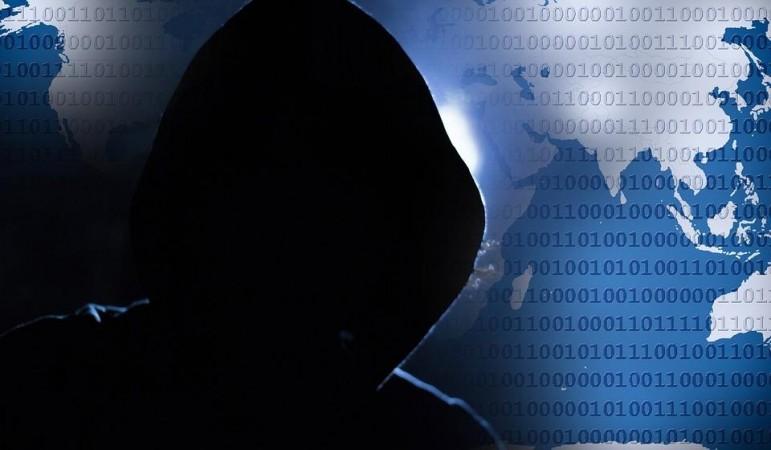Thousands of Indians are becoming victims of some kind of cybercrimes every month, and despite widespread awareness, several people fall into the trap of criminals who hide in the dark space of the internet. From phishing scams to IoT hacking, cybercriminals have apparently extended their clandestine clutches to almost all technological devices in our hands, homes, and offices.
Cybercrimes in India rising drastically
According to statistics from the Ministry of Home Affairs, cybercrimes in India have been drastically increasing over the past ten years. In 2012, the country reported 3,477 cybercrime cases, while in 2020, the number of cases reached 50,535.

Data from the National Crime Records Bureau suggests that India witnessed over 11 percent cybercrime rise in 2021 when compared to 2020.
According to experts, the internet revolution which happened in India after 2015 has played a crucial role in determining the rise of cybercrimes in the nation. Experts believe that bringing cyber hygiene is very much pivotal for ensuring safety in online spaces.
"We need to bring cyber hygiene into our daily habits. Starting from regularly changing your passwords and enabling multi-factor authentication is a key step towards achieving this. It's sad that many people are falling for fake loan apps, crypto scams and according to the situation this will grow in coming years. There were many warnings issued against fake loans by many different agencies," Nandakishore Harikumar, CEO and Founder of Technisanct, a cybersecurity firm told International Business Times.
Cyber laws in India still at nascent stages
Nandakishore also talked about the necessity of effective cybersecurity laws to curb cybercrimes in the country.
"Cybercrimes and their nature are continuously evolving, but our legal system is not prepared for that. More specifically, our law enforcement agencies are not fully equipped to handle cybercrimes. It can only be achieved with continuous training provided. Interestingly we use the same approach towards conventional cases in cyber cases too. India needs a data regulatory authority that can keep a check on regulations," added Nandakishore.

















